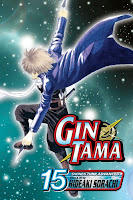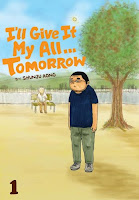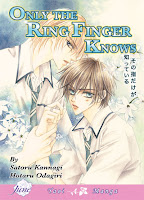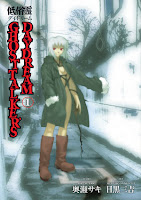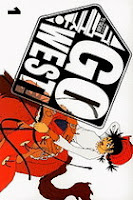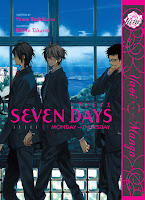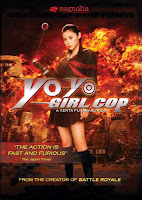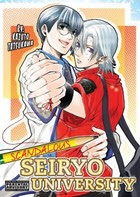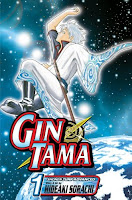
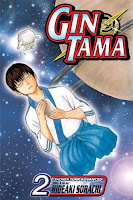
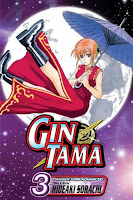 And the winner of the Give Me Some Gin Tama! manga giveaway is…Quarteni!
And the winner of the Give Me Some Gin Tama! manga giveaway is…Quarteni!
As the winner, Quarteni will be receiving new copies of the first three volumes of Hideaki Sorachi’s Gin Tama. For this giveaway, I was interested in learning about other people’s favorite comedic manga. The responses were fantastic; I highly recommend checking out the complete Give Me Some Gin Tama! comments for some great suggestions (which I will summarize here in just a moment). A huge thank you to everyone who participated in the giveaway. It made me really happy to see such a good turn out.
List time! Here’s what we all came up with for some favorite manga to make you laugh:
Beelzebub by Ryūhei Tamura
Challengers by Hinako Takanaga
Crayon Shin Chan by Yoshito Usui
Dojin Work by Hiroyuki
Duck Prince by Ai Morinaga
Fruits Basket by Natsuki Takaya
Ghost Sweeper Mikami by Takashi Shiina
Gin Tama by Hideaki Sorachi
Gravitation by Maki Murakami
Great Teacher Onizuka by Tohru Fujisawa
GTO: The Early Years by Tohru Fujisawa
Kanpai! by Maki Murakami
Mad Love Chase by Kazusa Takashima
Ouran High School Host Club by Bisco Hatori
Ranma 1/2 by Rumiko Takahashi
Sayonara, Zetsuobo-Sensei by Kōji Kumeta
School Rumble by Jin Kobayashi
Sket Dance by Kenta Shinohara
The Wallflower by Tomoko Hayakawa
Yakitate!! Japan by Takashi Hashiguchi
Yotsuba&! by Kiyohiko Azuma
Your & My Secret by Ai Morinaga

